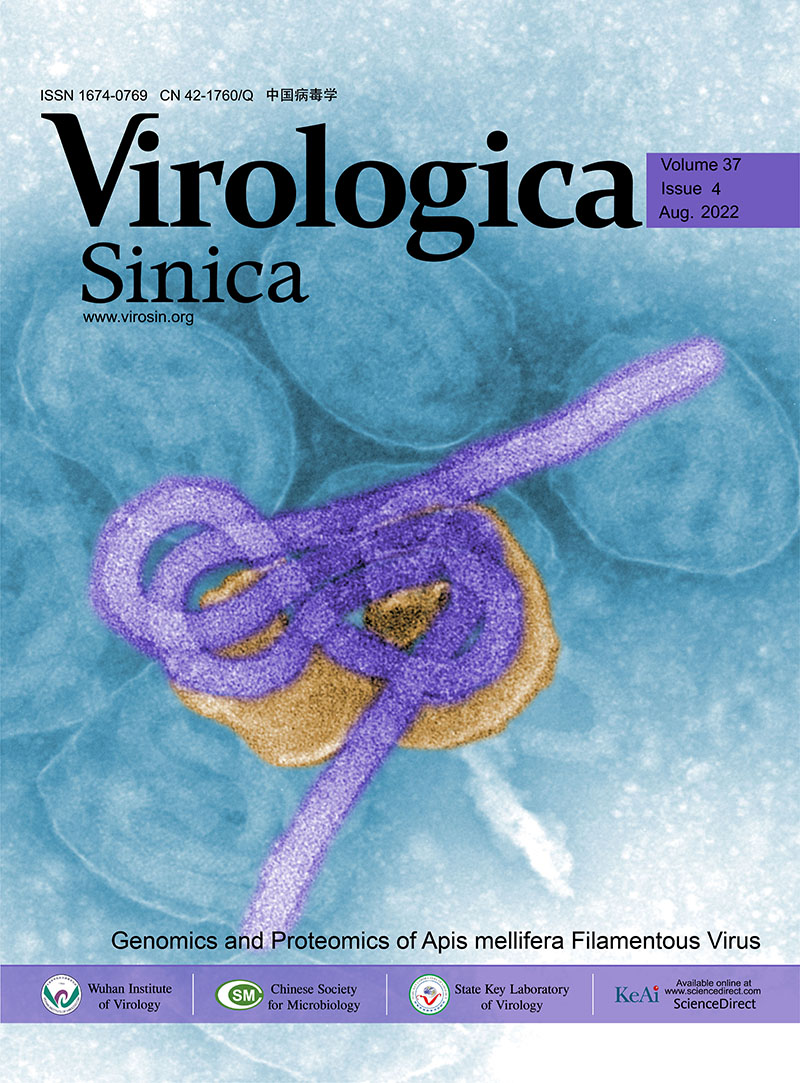-
Adachi, K., Romero, T., Nielsen-Saines, K., Pone, S., Aibe, M., Barroso de Aguiar, E., Sim, M., Brasil, P., Zin, A., Tsui, I., Gaw, S.L., Halai, U.A., Vasconcelos, Z., Pereira, J.P., Salles, T.S., Barbosa, C.N., Portari, E., Cherry, J.D., Pone, M., Moreira, M.E., 2020. Early clinical infancy outcomes for microcephaly and/or small for gestational age zika-exposed infants. Clin. Infect. Dis. 70, 2663–2672.
-
Aramburo, C., Alba-Betancourt, C., Luna, M., Harvey, S., 2014. Expression and function of growth hormone in the nervous system: a brief review. Gen. Comp. Endocrinol. 203, 35–42.
-
Cugola, F.R., Fernandes, I.R., Russo, F.B., Freitas, B.C., Dias, J.L., Guimaraes, K.P., Benazzato, C., Almeida, N., Pignatari, G.C., Romero, S., Polonio, C.M., Cunha, I., Freitas, C.L., Brandao, W.N., Rossato, C., Andrade, D.G., Faria Dde, P., Garcez, A.T., Buchpigel, C.A., Braconi, C.T., Mendes, E., Sall, A.A., Zanotto, P.M., Peron, J.P., Muotri, A.R., Beltrao-Braga, P.C., 2016. The brazilian zika virus strain causes birth defects in experimental models. Nature 534, 267–271.
-
Dang, J., Tiwari, S.K., Lichinchi, G., Qin, Y., Patil, V.S., Eroshkin, A.M., Rana, T.M., 2016. Zika virus depletes neural progenitors in human cerebral organoids through activation of the innate immune receptor tlr3. Cell Stem Cell 19, 258–265.
-
Devesa, P., Agasse, F., Xapelli, S., Almenglo, C., Devesa, J., Malva, J.O., Arce, V.M., 2014. Growth hormone pathways signaling for cell proliferation and survival in hippocampal neural precursors from postnatal mice. BMC Neurosci. 15, 100.
-
Ferraris, P., Cochet, M., Hamel, R., Gladwyn-Ng, I., Alfano, C., Diop, F., Garcia, D., Talignani, L., Montero-Menei, C.N., Nougairede, A., Yssel, H., Nguyen, L., Coulpier, M., Misse, D., 2019. Zika virus differentially infects human neural progenitor cells according to their state of differentiation and dysregulates neurogenesis through the notch pathway. Emerg. Microb. Infect. 8, 1003–1016.
-
Figueiredo, C.P., Barros-Aragao, F.G.Q., Neris, R.L.S., Frost, P.S., Soares, C., Souza, I.N.O., Zeidler, J.D., Zamberlan, D.C., de Sousa, V.L., Souza, A.S., Guimaraes, A.L.A., Bellio, M., Marcondes de Souza, J., Alves-Leon, S.V., Neves, G.A., Paula-Neto, H.A., Castro, N.G., De Felice, F.G., Assuncao-Miranda, I., Clarke, J.R., Da Poian, A.T., Ferreira, S.T., 2019. Zika virus replicates in adult human brain tissue and impairs synapses and memory in mice. Nat. Commun. 10, 3890.
-
Gabriel, E., Ramani, A., Karow, U., Gottardo, M., Natarajan, K., Gooi, L.M., GoranciBuzhala, G., Krut, O., Peters, F., Nikolic, M., Kuivanen, S., Korhonen, E., Smura, T., Vapalahti, O., Papantonis, A., Schmidt-Chanasit, J., Riparbelli, M., Callaini, G., Kronke, M., Utermohlen, O., Gopalakrishnan, J., 2017. Recent zika virus isolates induce premature differentiation of neural progenitors in human brain organoids. Cell Stem Cell 20, 397–406 e395.
-
Gong, Y., Luo, S., Fan, P., Zhu, H., Li, Y., Huang, W., 2020. Growth hormone activates pi3k/akt signaling and inhibits ros accumulation and apoptosis in granulosa cells of patients with polycystic ovary syndrome. Reprod. Biol. Endocrinol. 18, 121.
-
Han, X., Wang, J., Yang, Y., Qu, S., Wan, F., Zhang, Z., Wang, R., Li, G., Cong, H., 2021. Zika virus infection induced apoptosis by modulating the recruitment and activation of pro-apoptotic protein bax. J. Virol. 95 (8) e01445-20.
-
Keane, J., Tajouri, L., Gray, B., 2015. The effect of growth hormone administration on the regulation of mitochondrial apoptosis in-vivo. Int. J. Mol. Sci. 16, 12753–12772.
-
Khaiboullina, S., Uppal, T., Kletenkov, K., St Jeor, S.C., Garanina, E., Rizvanov, A., Verma, S.C., 2019. Transcriptome profiling reveals pro-inflammatory cytokines and matrix metalloproteinase activation in zika virus infected human umbilical vein endothelial cells. Front. Pharmacol. 10, 642.
-
Lee, J.K., Kim, J.A., Oh, S.J., Lee, E.W., Shin, O.S., 2020. Zika virus induces tumor necrosis factor-related apoptosis inducing ligand (trail)-mediated apoptosis in human neural progenitor cells. Cells 9, 2487.
-
Li, C., Xu, D., Ye, Q., Hong, S., Jiang, Y., Liu, X., Zhang, N., Shi, L., Qin, C.F., Xu, Z., 2016. Zika virus disrupts neural progenitor development and leads to microcephaly in mice. Cell Stem Cell 19, 120–126.
-
Li, P., Jiang, H., Peng, H., Zeng, W., Zhong, Y., He, M., Xie, L., Chen, J., Guo, D., Wu, J., Li, C.M., 2021. Non-structural protein 5 of zika virus interacts with p53 in human neural progenitor cells and induces p53-mediated apoptosis. Virol. Sin. 36, 1411–1420.
-
Lindboe, J.B., Langkilde, A., Eugen-Olsen, J., Hansen, B.R., Haupt, T.H., Petersen, J., Andersen, O., 2016. Low-dose growth hormone therapy reduces inflammation in hivinfected patients: a randomized placebo-controlled study. Inf. Disp. 48, 829–837.
-
Liu, B., Xu, Q., Wang, J., Lin, J., Pei, Y., Cui, Y., Wang, G., Zhu, L., 2019. Recombinant human growth hormone treatment of mice suppresses inflammation and apoptosis caused by skin flap ischemia-reperfusion injury. J. Cell. Biochem. 120, 18162–18171.
-
Liu, J., Li, Q., Li, X., Qiu, Z., Li, A., Liang, W., Chen, H., Cai, X., Chen, X., Duan, X., Li, J., Wu, W., Xu, M., Mao, Y., Chen, H., Li, J., Gu, W., Li, H., 2018. Zika virus envelope protein induces g2/m cell cycle arrest and apoptosis via an intrinsic cell death signaling pathway in neuroendocrine pc12 cells. Int. J. Biol. Sci. 14, 1099–1108.
-
Svensson, A.L., Bucht, N., Hallberg, M., Nyberg, F., 2008. Reversal of opiate-induced apoptosis by human recombinant growth hormone in murine foetus primary hippocampal neuronal cell cultures. Proc. Natl. Acad. Sci. U. S. A. 105, 7304–7308.
-
Tian, F.Y., Wu, B., Xu, T., Jiang, X.H., 2017. Systematic evaluation on effectiveness and safety of recombinant human growth hormone in treating adult patients with severe burn. Zhonghua Shaoshang Zazhi 33, 568–573.
-
Wang, J., Wu, J., Zhang, Y., Zhang, J., Xu, W., Wu, C., Zhou, P., 2021. Growth hormone protects against ovarian granulosa cell apoptosis: alleviation oxidative stress and enhancement mitochondrial function. Reprod. Biol. 21, 100504.
-
Wang, Z.Y., Wang, Z., Zhen, Z.D., Feng, K.H., Guo, J., Gao, N., Fan, D.Y., Han, D.S., Wang, P.G., An, J., 2017. Axl is not an indispensable factor for zika virus infection in mice. J. Gen. Virol. 98, 2061–2068.
-
Wu, Y.H., Cui, X.Y., Yang, W., Fan, D.Y., Liu, D., Wang, P.G., An, J., 2018. Zika virus infection in hypothalamus causes hormone deficiencies and leads to irreversible growth delay and memory impairment in mice. Cell Rep. 25, 1537–1547.e4.
-
Xu, D., Li, C., Qin, C.F., Xu, Z., 2019. Update on the animal models and underlying mechanisms for zikv-induced microcephaly. Annu Rev Virol 6, 459–479.
-
Zimmerman, M.G., Bowen, J.R., McDonald, C.E., Young, E., Baric, R.S., Pulendran, B., Suthar, M.S., 2019. Stat5: a target of antagonism by neurotropic flaviviruses. J. Virol. 93 e00665-19.
















 DownLoad:
DownLoad: